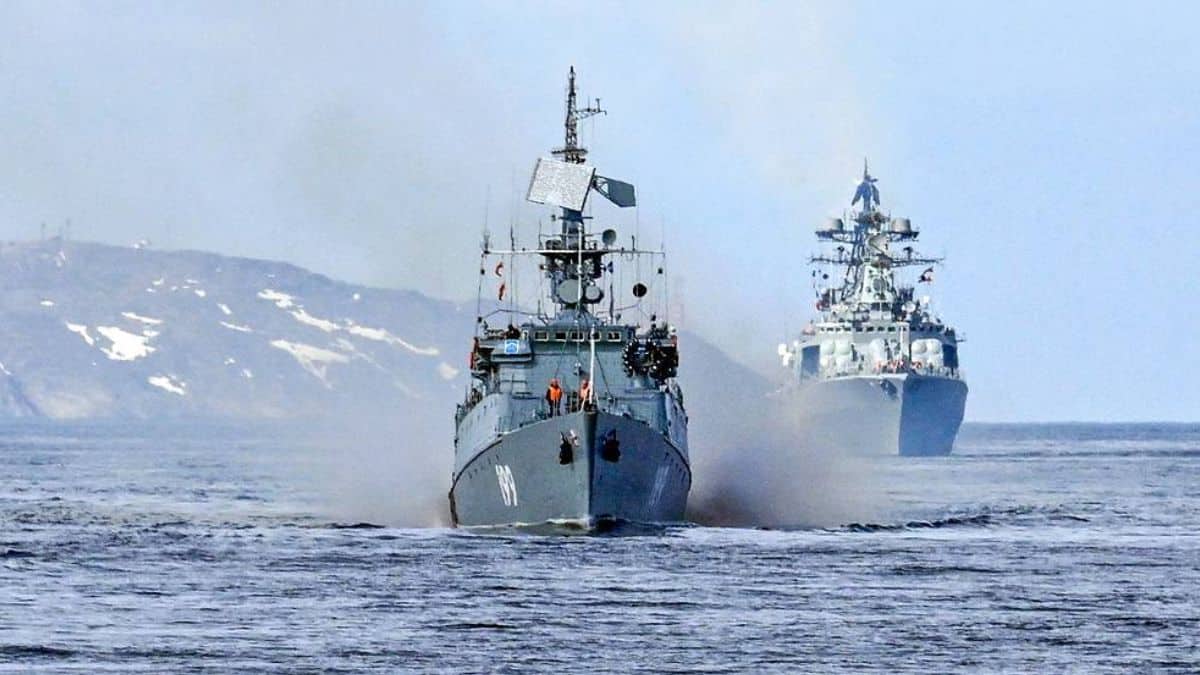The Pentagon has unveiled a comprehensive new Arctic strategy aimed at strengthening U.S. military presence and capabilities in the rapidly changing region. This development coincides with reports that Russia and Iran are revising their strategic partnership, signaling significant geopolitical shifts.
The Pentagon’s Arctic strategy, released on Thursday, underscores the growing importance of the Arctic in global security dynamics. It outlines plans to enhance military infrastructure, improve operational readiness, and foster international cooperation to ensure stability and deter potential adversaries in the region.
The strategy includes investments in icebreaker ships, advancements in cold-weather training, and partnerships with Arctic nations to address shared security concerns. The U.S. aims to counter the rising influence of Russia and China in the Arctic, both of whom have significantly increased their activities in the area.
Moscow and Tehran are reportedly reworking their strategic pact to deepen cooperation in various sectors, including military, economic, and energy fields. This revision reflects the evolving geopolitical landscape and the necessity for both nations to bolster their strategic alliance.
“Russia and Iran are committed to enhancing their partnership to address common threats and leverage mutual opportunities,” said Russian Foreign Ministry spokesperson.
The revised pact is expected to include provisions for joint military exercises, increased trade, and cooperation on energy projects, particularly in the oil and gas sectors. This development is seen as a countermeasure to increasing Western pressures and sanctions.
The simultaneous announcements of the U.S. Arctic strategy and the Russia-Iran strategic pact revision highlight the intensifying global power struggle. The Arctic, with its untapped resources and strategic maritime routes, is becoming a focal point of geopolitical rivalry, while the strengthened Russia-Iran alliance signals a unified front against Western influence.

